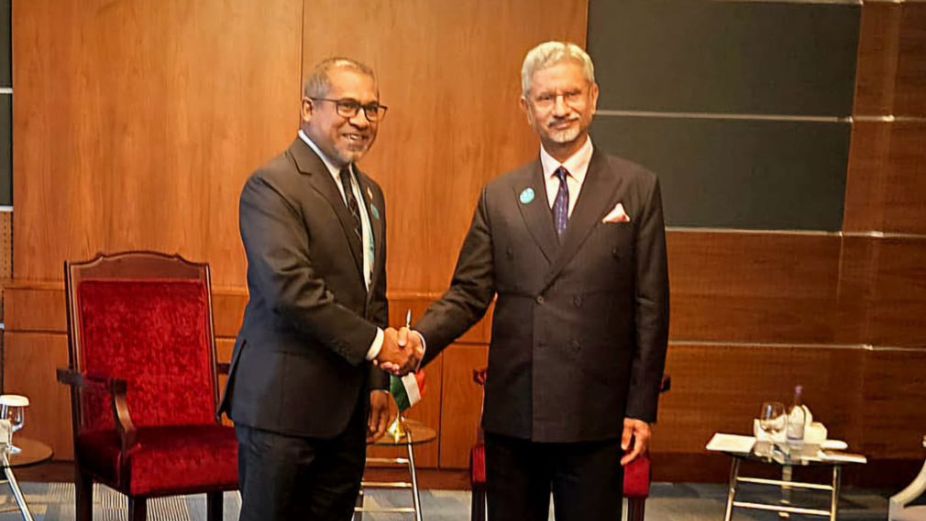
India has expressed satisfaction with the role of a USD 400 million currency swap arrangement in strengthening the Maldives’ foreign exchange reserves, providing relief to the island nation amid persistent fiscal and external pressures.
The swap facility, signed between the Maldives Monetary Authority (MMA) and the Reserve Bank of India (RBI) in October 2024, was designed to support short-term foreign currency liquidity needs. According to a recent statement by the Indian High Commission in Malé, the increase in reserves is directly linked to the drawdown under this agreement.
Global credit rating agency Fitch noted that the Maldives’ gross foreign currency reserves have grown, attributing the uptick to tourism revenue, new requirements under the Foreign Currency Act mandating partial conversion of tourism income into local currency, and external support from India. However, despite these gains, Fitch has maintained the Maldives’ Long-Term Foreign-Currency Issuer Default Rating at ‘CC’, warning that “a default event of some sort remains probable.”
The agency highlighted several vulnerabilities, including a widening fiscal deficit. Projections show the deficit growing to 14.5 percent of GDP in 2025 from 14 percent in 2024, driven by high recurrent spending and delayed reforms in subsidies and healthcare. Fitch called for urgent fiscal consolidation and stronger external financing capabilities to put public debt on a more sustainable trajectory.
Relations between India and the Maldives had faced strain following President Dr Mohamed Muizzu’s election in late 2023, during which his campaign included promises to remove Indian military personnel. Tensions intensified after remarks made by Maldivian deputy ministers against India and its Prime Minister in early 2024. Yet both sides have since undertaken efforts to repair ties, including two visits to India by President Muizzu himself.
While Fitch acknowledges that the Maldives could continue to secure financing from key partners like India, it cautions that such support alone will not address deeper structural issues in the Maldivian economy. Without comprehensive reforms, the country’s external debt servicing obligations remain a key concern.








